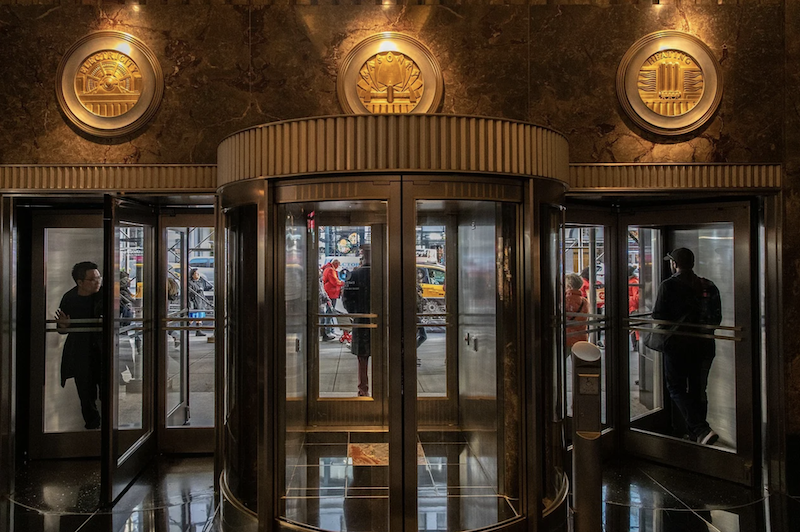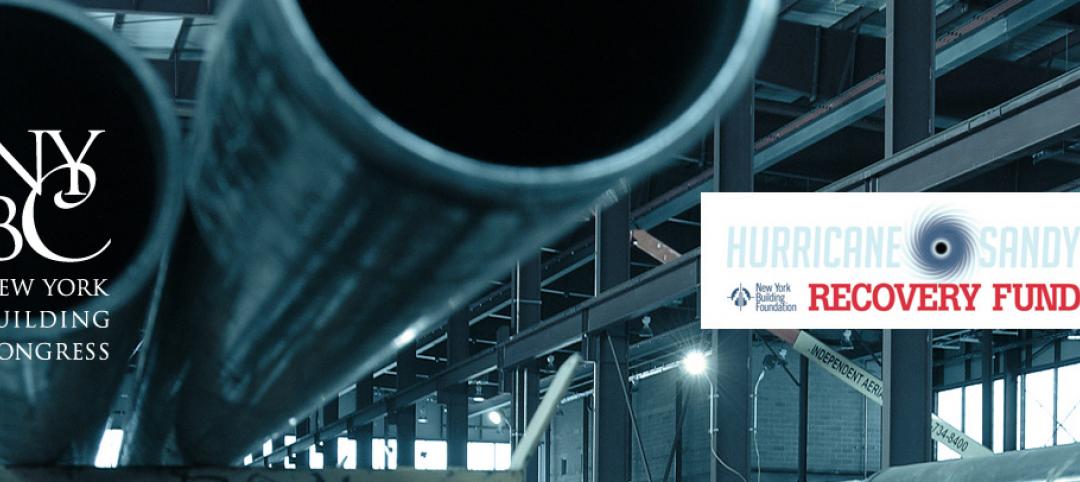The newly released International Building Code (IBC) for 2021 includes a provision that mandates automatic doors for entrances to public buildings.
IBC 1105.1.1 stipulates that in facilities meeting building occupant load thresholds for a number of common occupancies, accessible public entrances must have one door be either a full power-operated door or a low-energy power-operated door. The code applies to a wide range of public places, including retail stores, restaurants, clubs and casinos, movie theaters and concert halls, libraries, banks, and college dormitories.
“The new code requirement accommodates a wide variety of accessibility needs that manual doors being installed today cannot encompass,” said Joe Hetzel, technical advisor to the American Association of Automatic Door Manufacturers in a news release. In the COVID-19 era, occupants of all buildings could benefit from the touch-free, germ-free accessibility provided by automatic doors, according to the release.
As a result, more building owners may opt for automatic doors in retrofits as well as in new construction.
Related Stories
| Dec 7, 2012
Georgia court limits contractors’ ability to foreclose on liens
The Georgia Court of Appeals ruled in 182 Tenth, LLC v. Manhattan Construction Company that lien claimants such as contractors, subcontractors, and materialmen, may not foreclose on a lien that includes unpaid general condition costs.
| Dec 7, 2012
San Francisco real estate records will include ‘green labels’
Ecologically-sustainable building practices, or “green labels,” will now be included on official land records maintained by San Francisco.
| Dec 7, 2012
Tokyo’s Green Building Program has reduced power consumption by 20%
Tokyo city officials calculate that its Green Building Program reduced energy consumption by 20% since its inception, a statistic they identify as the reason the power stayed on during the 2011 earthquake.
| Dec 7, 2012
New flexible options make achieving LEED certification easier on projects outside the US
A new set of Global Alternative Compliance Paths, or Global ACPs, are now available for all commercial projects pursuing LEED green building certification using the 2009 versions of the rating systems.
| Nov 29, 2012
New York contractors say they will pay tax despite a court ruling that the tax is unconstitutional
The New York Building Congress says it will voluntarily pay a tax declared unconstitutional by the courts because, it says, the money is vital to maintaining the city’s transportation infrastructure.
| Nov 29, 2012
Storms like Sandy highlight the need for stricter codes, says insurance expert
Experts on insurance, weather, and catastrophe modeling say the role of climate change in Hurricane Sandy and future storms is unclear.
| Nov 29, 2012
Quake simulation to test concrete building's strength in California
Researchers aim to gauge how buildings constructed with reinforced concrete withstand an earthquake by conducting a simulation test at a two-story building built in the 1920s in El Centro, Calif.
| Nov 29, 2012
AGC offers stormwater compliance webinar
An effective document management system is necessary to stay in compliance with new and forthcoming stormwater runoff requirements, says the Associated General Contractors of America.















